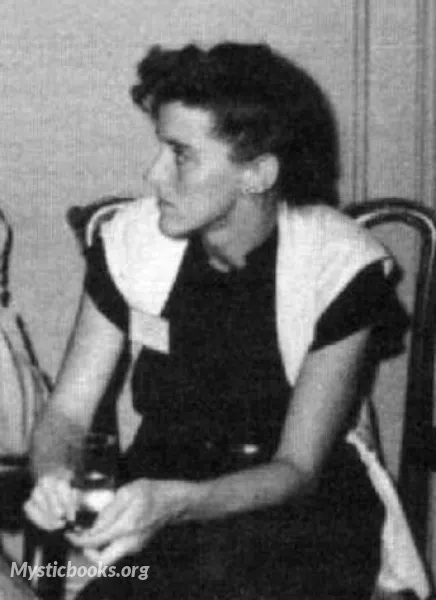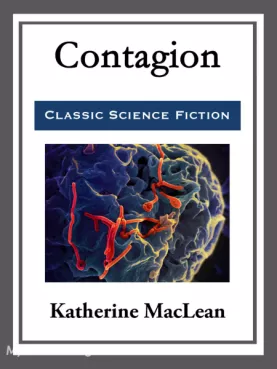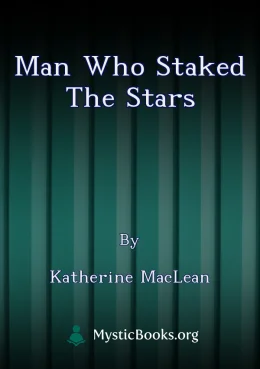
Timeline
Title
Country/Nationality
Katherine MacLean
Emerging from the golden age of science fiction, Katherine MacLean established herself as a prominent voice in the genre, captivating readers with her thought-provoking explorations of human nature and the implications of technological advancements. Her stories, often set in the near future, delved into the complexities of social issues, examining themes of alienation, conformity, and the impact of technology on individual identity.
Early Life and Literary Beginnings
Born Katherine Anne MacLean on January 22, 1925, in Binghamton, New York, MacLean's early life was marked by a deep fascination with science and literature. She developed a keen interest in the works of Isaac Asimov, Robert A. Heinlein, and Arthur C. Clarke, finding inspiration in their imaginative portrayals of the future.
In the early 1950s, MacLean began publishing her short fiction in magazines such as Astounding Science Fiction and Galaxy Science Fiction. Her stories, characterized by their sharp social commentary and nuanced exploration of human relationships, quickly garnered attention within the science fiction community.
Social Science Fiction and the Human Condition
MacLean's work is often classified as social science fiction, a subgenre that emphasizes the social and political implications of technological advancements. Her stories frequently examine the impact of technology on individual identity, exploring themes of alienation, conformity, and the erosion of personal freedom.
In her 1951 story, "The Martian Chronicles," MacLean depicts a group of colonists on Mars who struggle to adapt to their new environment while grappling with the social and psychological implications of space travel. Similarly, her 1954 story, "The Disinherited," explores the challenges of a society that has become overly reliant on technology, leading to the marginalization of individuals who do not conform to its norms.
Notable Works and Contributions to Genre
MacLean's most notable works include:
- "We Run the Spaceways" (1951)
- "The Mutant" (1952)
- "The Martian Chronicles" (1951)
- "The Disinherited" (1954)
- "The Diploidy Experiment" (1964)
Throughout her career, MacLean received numerous accolades for her contributions to science fiction. She was a two-time Hugo Award nominee and a recipient of the Campbell Award for Best New Science Fiction Novel.
Philosophy and Legacy
MacLean's philosophy revolved around the exploration of human nature and the potential consequences of unchecked technological progress. She believed that science fiction had a responsibility to examine the social and ethical implications of technological advancements, challenging readers to consider the impact of their inventions on society and the individual.
MacLean's legacy endures as a pioneer of social science fiction, her works continuing to inspire and provoke thought in readers today. Her stories serve as a reminder of the importance of critical thinking and social awareness in the face of technological change, urging us to consider the potential impact of our inventions on the human condition.
Interesting Facts About Katherine MacLean
- MacLean was a passionate advocate for science education and actively participated in promoting STEM fields among young women.
- She was a founding member of the Science Fiction Writers of America (SFWA) and served on its executive council.
- MacLean's stories have been translated into numerous languages and continue to be enjoyed by readers worldwide.
In conclusion, Katherine MacLean stands as a towering figure in the realm of science fiction, her works offering a profound and enduring exploration of the human condition and the implications of technological advancements. Her legacy continues to inspire readers and writers alike, reminding us of the power of science fiction to challenge our perceptions and foster critical thinking about the future.
Books by Katherine MacLean

Contagion
In a chilling tale of intergalactic encounter, Katherine MacLean's "Contagion" takes readers on a thrilling journey to the distant planet of Minos. As the crew of the Explorer spacecraft ventures into the uncharted territories of this alien world, th...

Man Who Staked The Stars
In Katherine MacLean's "The Man Who Staked the Stars," a powerful mobster, under scrutiny for his illegal activities, confronts a startling internal conflict. A doppelganger, a manifestation of his own repressed conscience, emerges within him. This s...